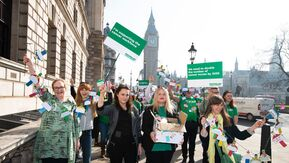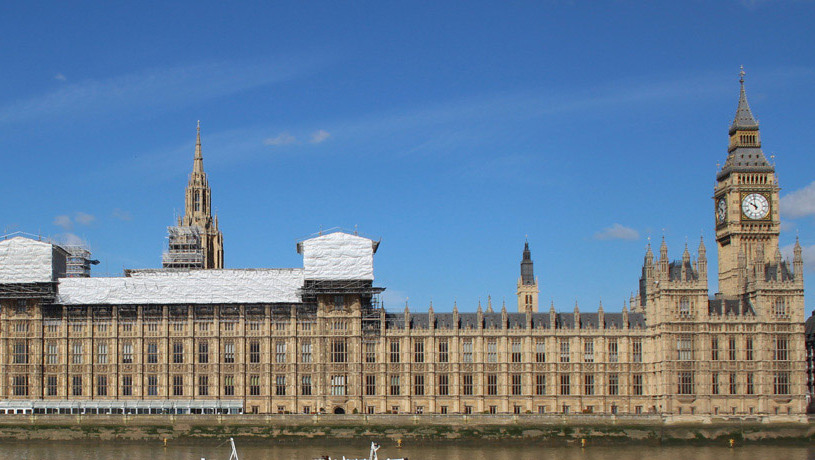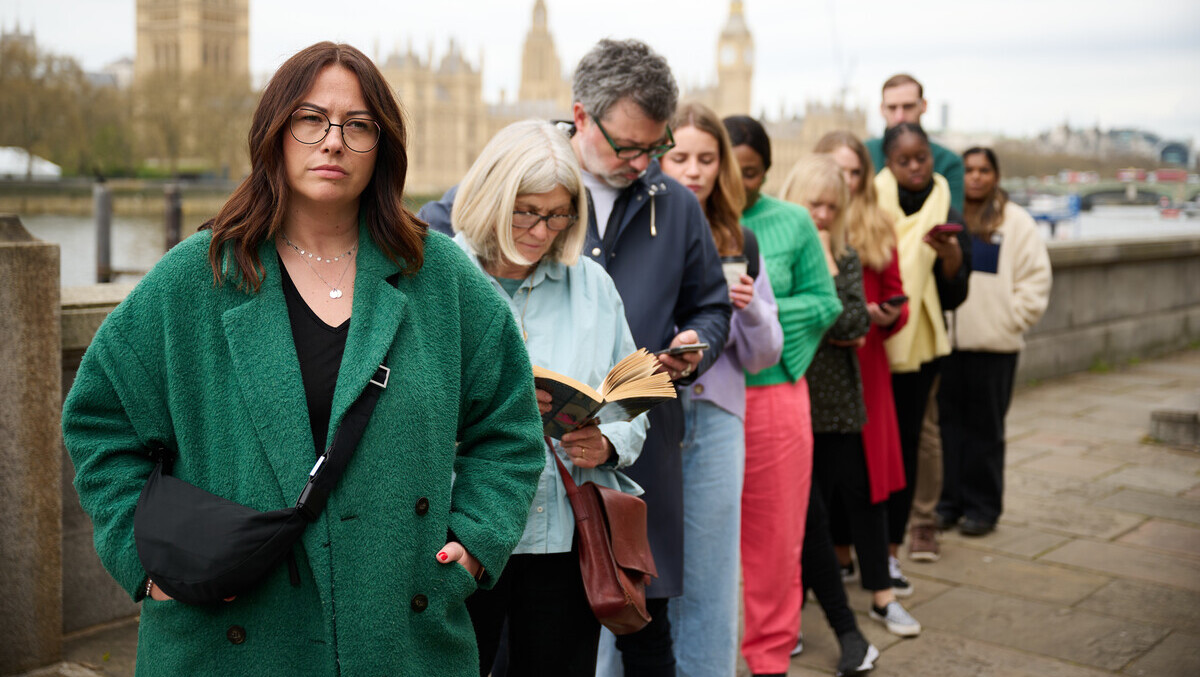
Breaking down barriers to cancer support in the West Midlands
Around half the population of the Black Country in the West Midlands is from an ethnically diverse community. Many people here have complex health needs and experience health inequalities for a wide range of reasons.
As Ameena Westwood from one of the partner organisations involved explains: “The cancer journey can be difficult enough before you factor in things like language barriers if your first language isn’t English, or the cultural and religious differences that need to form a part of any open conversation about cancer."
The new partnership project brings together Macmillan and 5 community partners. It will last over 2 and a half years and involves:
- Bangladesh Islamic Association Smethwick
- Black Country Integrated Care Board
- Nishkam Civic Association
- West Bromwich African Caribbean Resource Centre
- Yemeni Community Association
Working together to help people get the right support
The project aims to better understand people's beliefs and experiences around cancer. This includes what barriers there are for people finding and accessing support, and increasing people's knowledge of cancer symptoms. All this will help shape services that better meet peoples' needs in the future.
To do this, the partners will:
- Break down barriers to cancer support services and screening
- Challenge myths and misconceptions about cancer
- Build knowledge about cancer signs and symptoms, hoe to access screening and treatment services
- Increase trust in healthcare services
“I know that together we can make a real difference in the lives of people affected by cancer.” - Amina Westwood
Launching the Community Connectors project
A special Coffee Morning celebration was held to officially launch the Community Connectors Project. In attendance was Ameena Westwood, Yemeni Community Association’s Community Connector. For Ameena, the event was the realisation of a dream that she has been working tirelessly towards since her own cancer diagnosis 7 years ago, as well as the cancer diagnosis of her mother, and her father who passed away with stomach cancer in 2019.
“This seed was planted when I saw first hand the barriers that people from ethnically diverse communities can face when it comes to understanding cancer and accessing the care and treatment they need.
“I just knew I wanted to improve things, to be there for others in the same position as me, and I realised it was our communities themselves who were best placed to do it. When it comes to talking about cancer, we need people who look like us, think like us, speak like us and who hold the same traditions and beliefs to have that conversation with us. We are the people who know ourselves the best.”
Find more support
- We have cancer information in different languages and formats. Browse translations and other formats
- Find support groups in your area where you can meet others facing similar challenges.
- Read the stories and experiences of people affected by cancer
- Join the online community and chat anonymously with others or read blogs from community members.
About our information
This information has been written, revised and edited by Macmillan's Digital Content Editor team and checked by Macmillan's Cancer Information team.
Learn more about our Digital Content Editors and how we produce our cancer information.
Tag: WAM, GENSAbout the author

Sanjeet Shergill
-
Blogs 02 Jul 2024This General Election marks a critical opportunity to transform people's experience of living with cancer. Whoever forms the next government, we’ll do whatever it takes to ensure people with cancer...
-
Blogs 14 Jun 2024All major UK parties are now publishing their manifesto commitments, but what do they each include on cancer care? And what is Macmillan calling on the next UK Government to do? Here are some key...
-
Blogs 04 Jun 2024On Tuesday 4th June, Prime Minister Rishi Sunak and Labour leader Sir Keir Starmer took part in their first televised leader’s debate of the election campaign. Here are some of the key points from the...
How we can help





